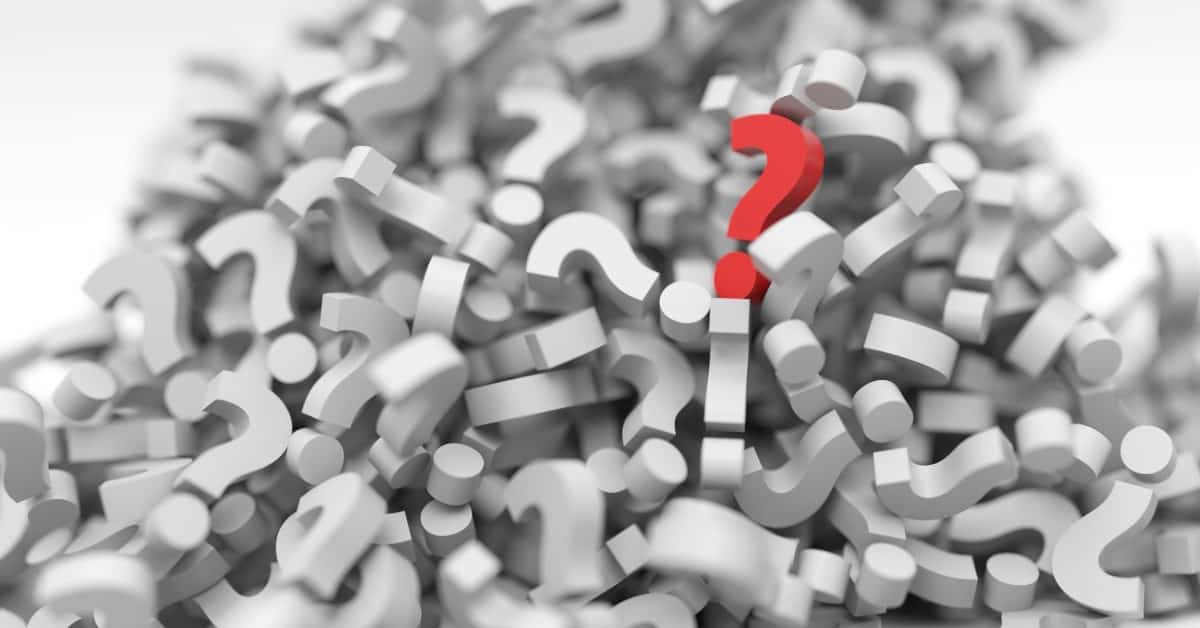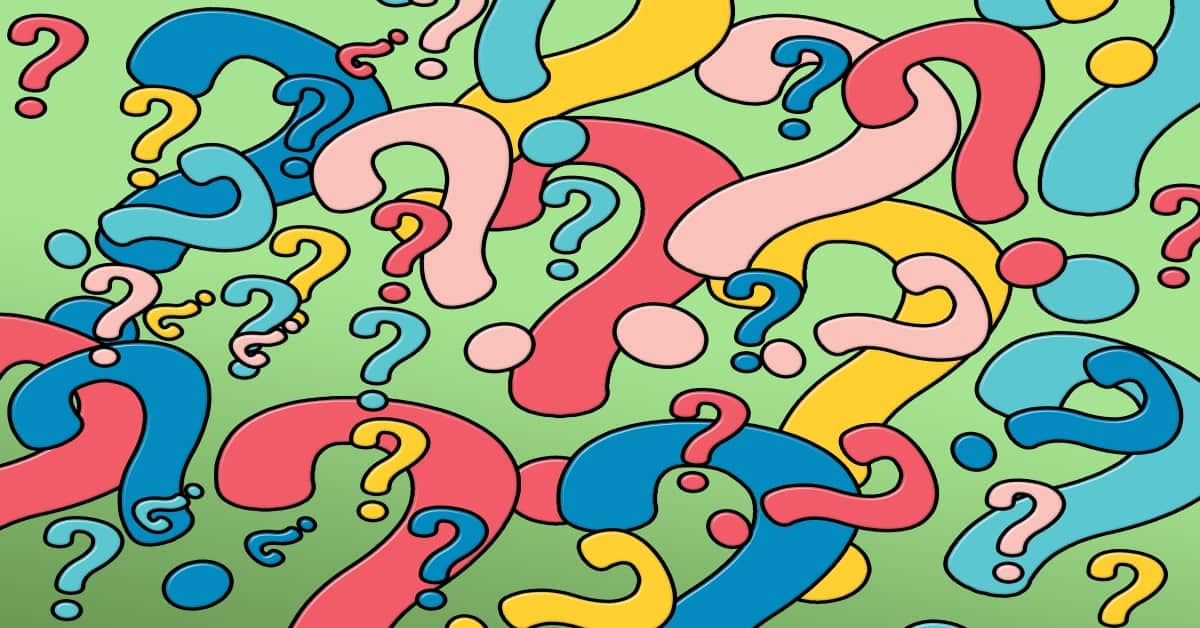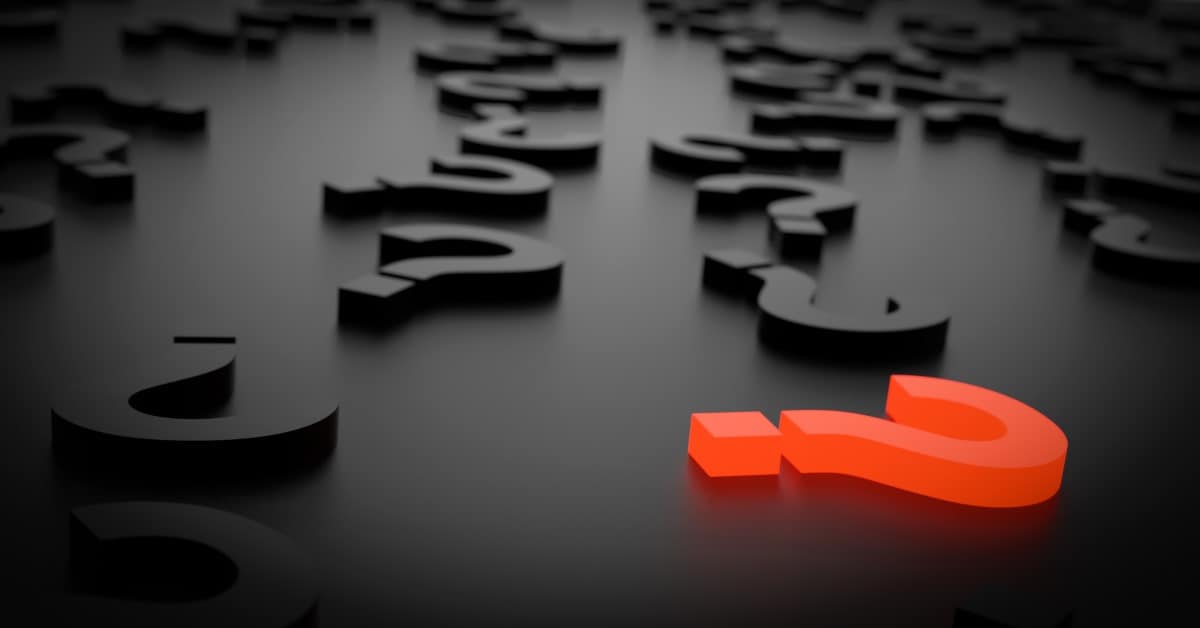[ad_1]
So, what is COVID-19 trying to tell us?
- Pay attention
No other virus, war, natural disaster or other similar adversity has managed to draw the COLLECTIVE attention in such a powerful way for a very long time. The question what exactly we need to pay attention to is complex (as there are many things that we have been sweeping under the carpet). But isn’t it wonderful that we are forced to slow down, stay home, and (hopefully) reflect without distractions on what is important, what is valuable and what is worth spending our life on. Of course, if we waste this valuable time on watching cute puppies and posting stupid videos on Facebook instead of paying attention to what really matters, we are seriously missing the point here.
- We are in all connected (otherwise known as “A lesson in Oneness”)
If we ever needed proof that we are all connected and that everything we touch (literally as well as metaphorically) is connected to everything else, now we have it. Finally (and hopefully) a big realization is starting to dawn on us: we can no longer continue to “pee” in one end of the pool (i.e. the Planet) and go swim in the other end thinking that our shit won’t catch up with us. We all swim in the same pool and whatever we do in that pool does come back to us. Thus, taking “dirty” production out of Europe into China (and this is just one of millions of examples of separation) cannot and does not serve Europe (or any other continent for that matter). For the shit inevitably comes back, as the virus spread is illustrating clearly. Incidentally, isn’t it remarkable that a situation that calls for social isolation (i.e. apparent separation) in fact intensifies the feeling that we are all connected, that we are all in this (and every other thing) together!
- It’s time for renewal
Old structures need to be torn down so we can start fresh (hopefully with new awareness albeit with little resources). On the face of it, it is not accidental that the virus has so far targeted the life of primarily old people with one, two or more pre-existing conditions, i.e. these are people that should have been dead a while ago if it weren’t for the artificial ways of extending life. But the artificial life-saving resources are now running out (no breathing machines, no medical personnel or other supplies). So that should make us rethink the life-saving technologies that so many people have come to rely on and have, as a result, relinquished personal health responsibilities. What about focusing on disease prevention plans instead (when the pandemic is over): healthy eating, exercising, meditating, etc.? How many people would have heart disease and diabetes (the two top conditions that go hand-in-hand with coronavirus deaths), if there was no junk food or modern stress?
- Get comfortable with death by making every moment of life count
Death in and of itself is not a tragedy. Rather, a wasted life is a tragedy. A person who has lived with integrity, has contributed meaningfully to themselves and to the society, and has maintained quality relationships during their life time, has no regrets. This kind of person is ready to die anytime, and happily. Become that person yourself. Re-evaluate your priorities and start spending time on what matters. Let go of the grudge. Start to feel that you are connected to all other human beings. Forgive. Feel more love and less resentment. Stop living a tragic life and your death won’t be tragic either. They can both be a celebration.
So these are some of the messages I think we need to hear right now. Of course, there are many other things to be taken into account and much more will be revealed to us in the course of this experience. That’s why we need to stay flexible, observe carefully (pay attention), ask smart questions and continue to search for their answers deep within. This way we are really taking advantage of the situation by cleaning up our own baggage. Any other behaviour (e.g. impatience, frustration, anger and looking forward to this blowing over so things can go back to “normal”) is immature. We need a shift in consciousness (to shift the virus) and if we resist it, the virus will persist.
[ad_2]
Source by Vyara Bridgeman








